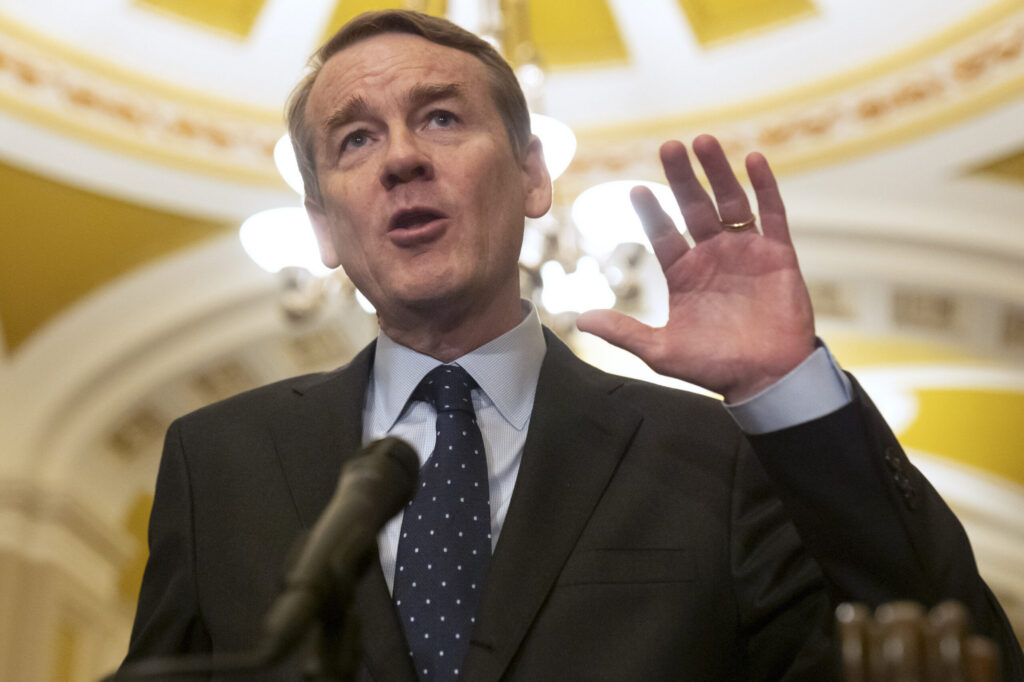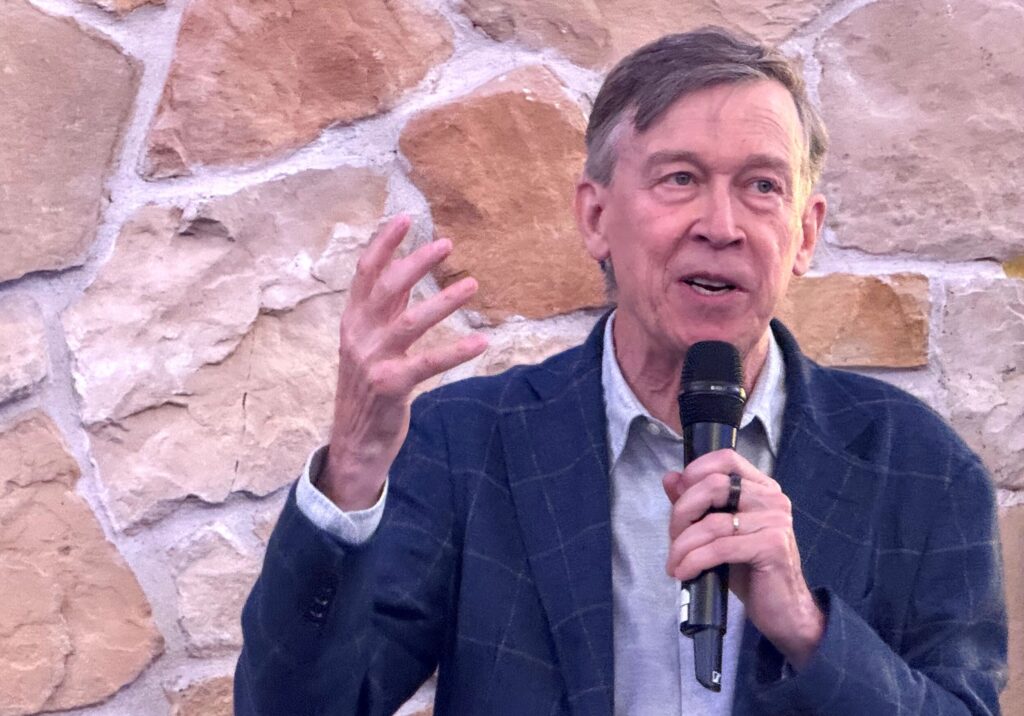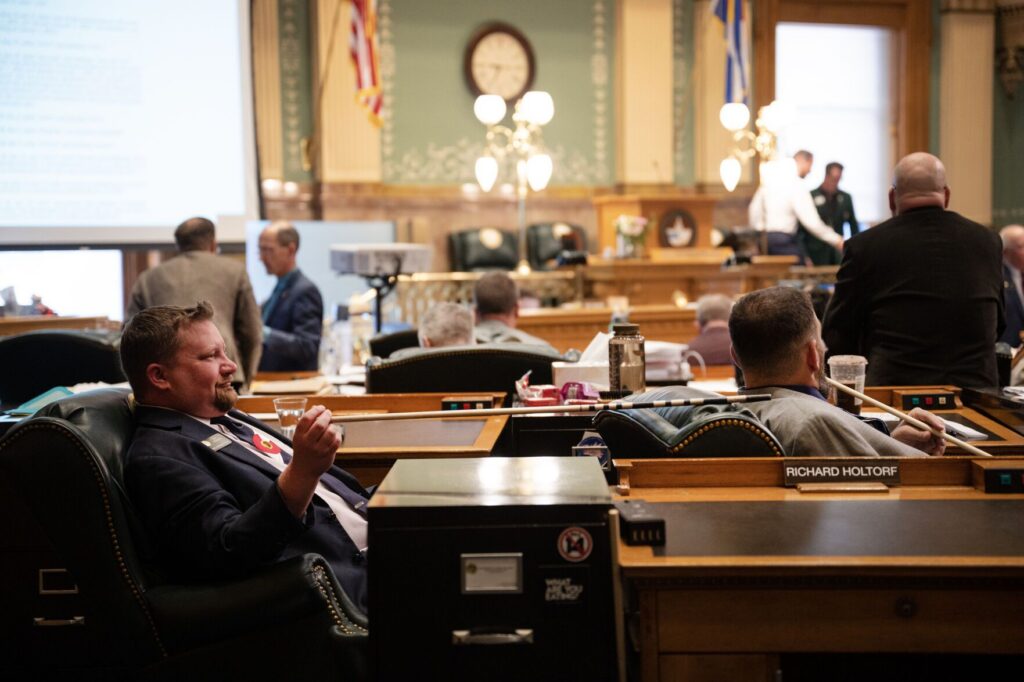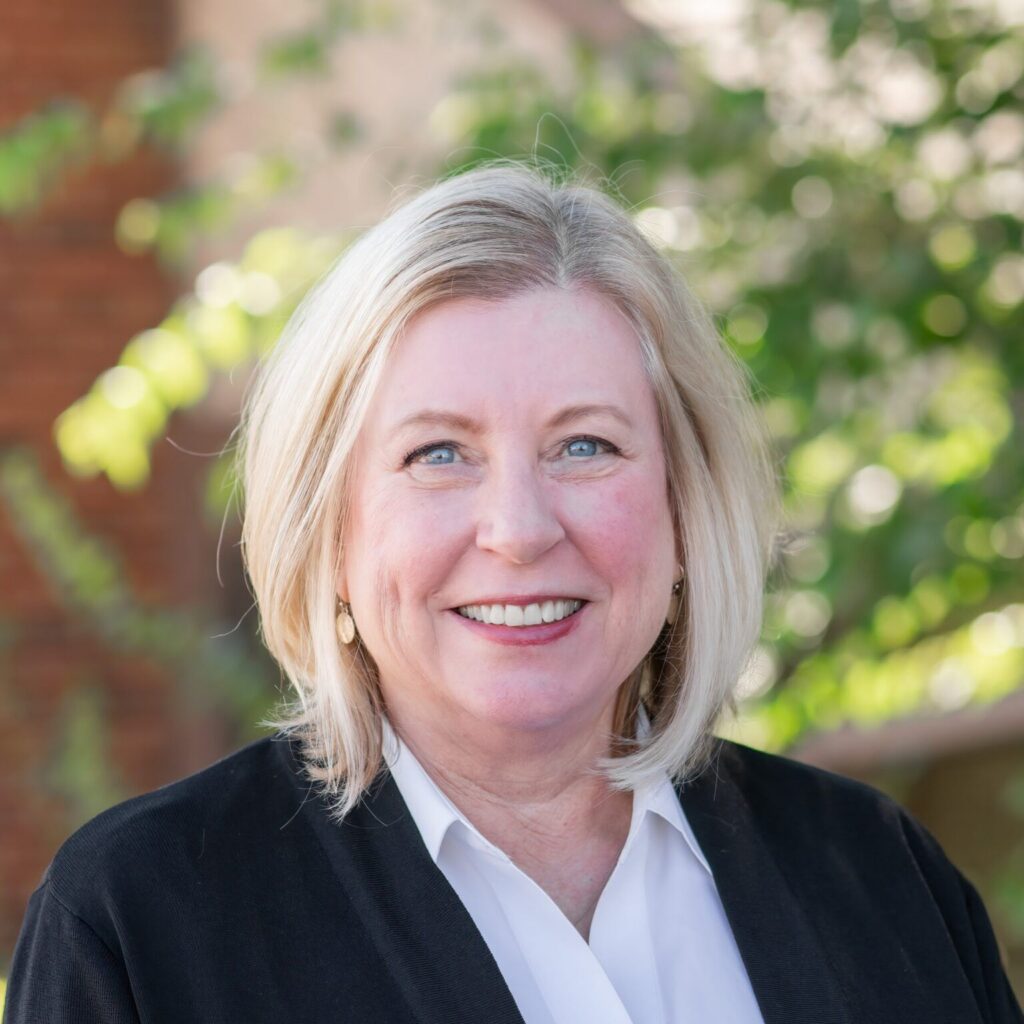A LOOK BACK | Aspinall rejects GOP’s socialism claims during election season
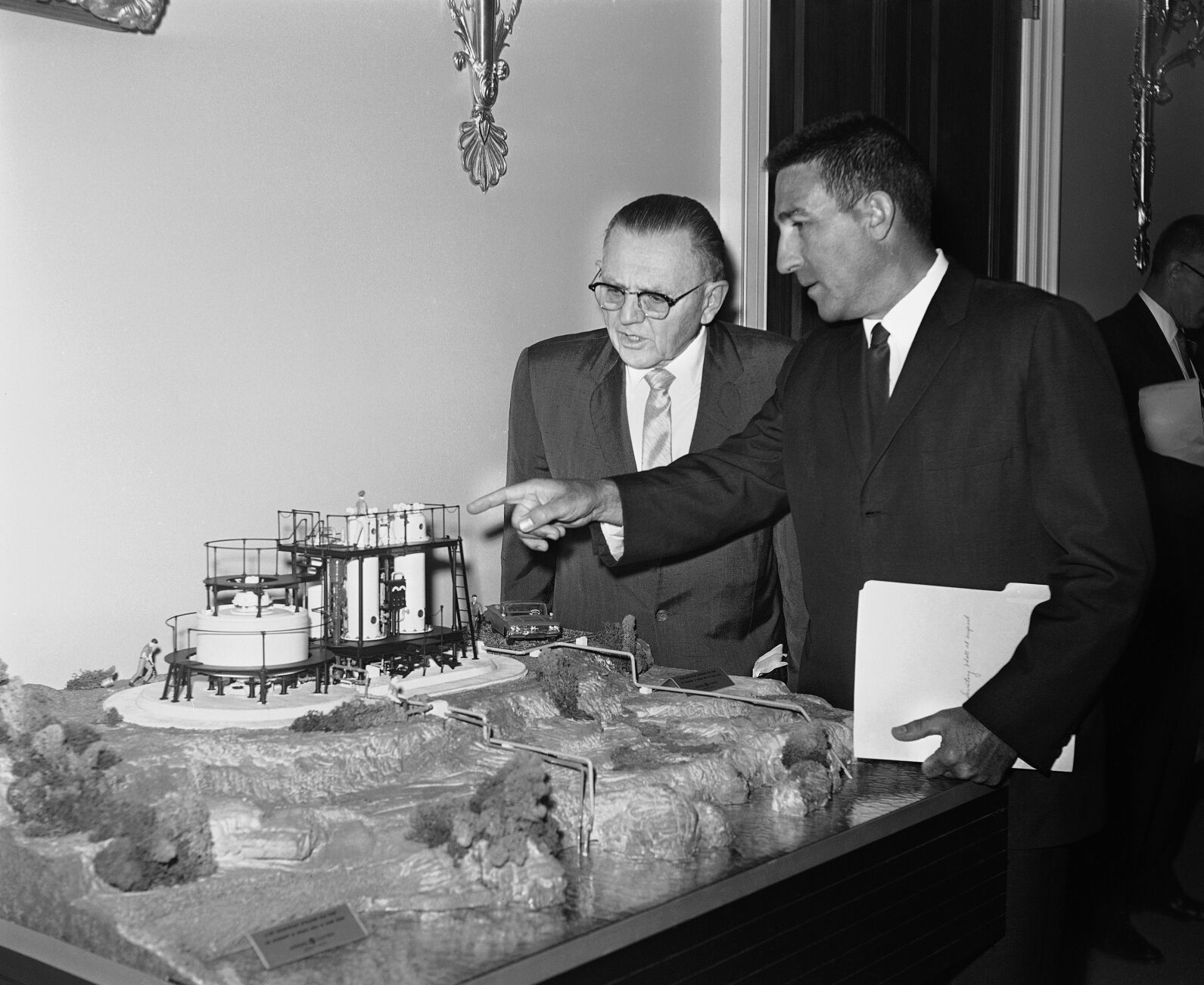
Fifty Years Ago This Week: U.S. Rep. Wayne Aspinall, D-CD4, was honored by the Mesa County Jane Jefferson Club in a special “Wayne Aspinall Night” meeting.
Speaking to around 85 Mesa County Democratic women, Aspinall said that “Republican charges of increasing socialism in the federal government are unfounded.” Of the entire federal budget, he argued, only 7% was spent on programs described by the Republican Party as ‘socialist.’
“In 1939, a pre-war year, the budget spent 44% for labor and welfare programs. It isn’t true that the federal government is going toward socialism by leaps and bounds,” Aspinall said. “In 1963, the total welfare budget will be $6.6 billion. Who wants to cut aid to the blind, or aged, or hospital construction?”
Aspinall argued that even though he wasn’t in favor of the country’s $300 billion debt, he also wasn’t afraid of it and it was a natural consequence of the ever-increasing population of the United States.
Aspinall went on to warn his fellow Democrats that the 1962 election would be difficult and that the Republican Party would try to “keep the tradition that the party in power always loses votes.”
“The cry of ‘big government at the local, state and national level will be one of the charges which Democrats must overcome,” Aspinall said. “People are in favor of big government for themselves, but not for anyone else.”
Speaking of his own congressional district, Aspinall praised the work and funds the federal government had poured into roads, reclamation and contracts for uranium procurement.
Aspinall continued his tour of the Western Slope with meetings in Silverton, Pagosa Springs, Durango and Montezuma county.
Twenty-Five Years Ago: State Senate President Ted Strickland, R-Westminster, told The Colorado Statesman that, according to statistics from the National Conference of State Legislatures, Colorado ranked third in the United States for the number of women in the legislature.
Colorado had elected women to 28% of the seats in the General Assembly, with only Maine at 28.5% and California at 32.5% ranking higher.
“There are a number of reasons Colorado has a relatively high number of women legislators,” Strickland said. “Our status as a part-time legislature makes it easier to hold office, maintain other commitments to jobs, professions and families.”
Strickland said that the high turnover rates among legislators was also a contributing factor as it offered more opportunities to win an election. Nationwide, since 1969, the number of women elected to state legislature seats had quadrupled to 15.6%, or 1,166 women total.
Not all states were showing this sign, however. In Mississippi, only 2.3% of seats were held by women and Virginia had no women senators. On a national level, women held 23% of U.S. House seats and only two U.S. senators were women.
In other news, state Rep. Bill Owens, R-Aurora, had been appointed to a four-year term on President Reagan’s Intergovernmental Advisory Council on Education – making Owens one of only six members to be appointed directly by Reagan.
Council membership was made up of parents, students, teachers, businessmen, and representatives from both public and private education.
Owens, then chairman of the House State Affairs Committee, said he favored teacher tenure reform, merit-based pay, and also had sponsored several successful bills concerning public education dropouts and reform of school district tax elections. Owens had also sponsored legislation directed towards protecting victims of child abuse.
Rachael Wright is the author of the Captain Savva Mystery series, with degrees in Political Science and History from Colorado Mesa University and is a contributing writer to Colorado Politics and The Gazette.






